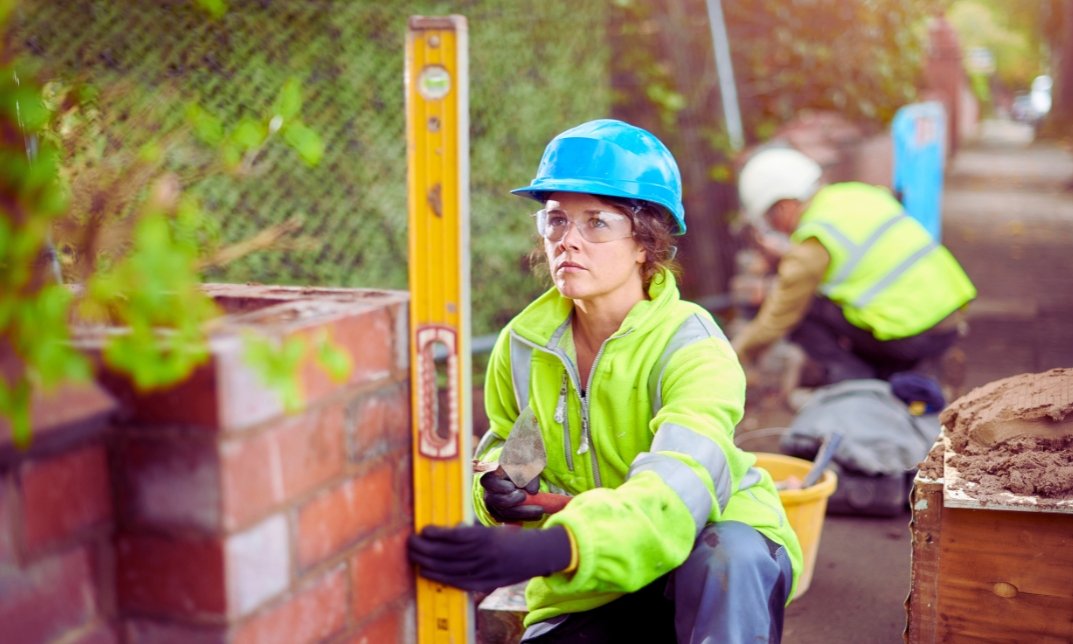No products in the cart.
Have you ever wondered what a building surveyor does? In the world of construction and property management, building surveyors play a crucial role. They are the professionals who ensure that buildings are safe, functional, and comply with regulations. But their job involves much more than just inspections. Let’s delve into the responsibilities of a building surveyor and understand why they are essential in the construction industry.
The Role of a Building Surveyor
Building surveyors are responsible for assessing the condition of buildings. Therefore, they conduct detailed inspections to identify any structural issues, defects, or potential risks. As a result, their evaluations help property owners make informed decisions about maintenance, repairs, or renovations.
Moreover, building surveyors provide expert advice on property development and construction projects. They ensure that designs meet legal standards and safety regulations. Hence, their input is vital during the planning stages of any construction project.

Key Responsibilities of a Building Surveyor
- Conducting Surveys and Inspections: Building surveyors carry out surveys to evaluate the condition of properties. They identify defects, structural issues, and compliance with building codes.
- Providing Expert Advice: They offer guidance on property development, ensuring that projects meet legal and safety standards. This includes advising on materials, design, and construction methods.
- Preparing Reports: After conducting surveys, building surveyors prepare detailed reports outlining their findings. These reports are crucial for property owners and developers to understand the condition of a building.
- Project Management: Some building surveyors manage construction projects, overseeing the work to ensure it meets the required standards and is completed on time.
- Legal Compliance: They ensure that buildings comply with local and national regulations. This includes understanding and applying building codes and safety standards.
Why Are Building Surveyors Important?
Building surveyors are essential in maintaining the safety and integrity of structures. Without their expertise, buildings might not meet safety standards, leading to potential hazards. Therefore, their role in the construction industry is indispensable.
Moreover, building surveyors help property owners save money in the long run. By identifying issues early, they prevent costly repairs or renovations. As a result, their work ensures that buildings remain safe and functional for years to come.
How to Become a Building Surveyor
If you’re interested in becoming a building surveyor, there are specific steps you need to follow. Firstly, you will need a degree in building surveying or a related field. Many universities offer accredited courses that provide the necessary knowledge and skills.
After obtaining a degree, gaining practical experience is crucial. Thus, working under the supervision of experienced surveyors will help you develop the skills required for the job. Moreover, obtaining professional accreditation from a recognised body, such as the Royal Institution of Chartered Surveyors (RICS), can enhance your career prospects.
The Impact of Building Surveyors on Property Value
Building surveyors significantly influence property value. By identifying defects and recommending repairs, they help maintain or even increase a property’s market value. Therefore, their assessments are crucial during property transactions, as they provide buyers and sellers with a clear understanding of the property’s condition.
Challenges Faced by Building Surveyors
Building surveyors play a crucial role in the construction and property industries, but they face several challenges that can impact their work efficiency and effectiveness.
Here are some of the main challenges faced by building surveyors:
- Keeping Up with Regulations: Building surveyors must stay informed about constantly changing laws and standards to ensure compliance. This requires continuous learning and adaptation to new regulations.
- Working Under Tight Deadlines: Surveyors often face pressure to complete their tasks within strict timeframes, necessitating excellent time management and prioritisation skills.
- Surveying Occupied Buildings: Conducting surveys in occupied buildings can be challenging due to interference from background noise, uncooperative occupants, and the need to navigate around personal belongings.
- Inaccurate As-Built Drawings: Surveyors frequently encounter discrepancies between original plans and the actual construction, which can lead to confusion and require them to resolve boundary disputes and code violations.
- Ageing Buildings: Older buildings pose unique challenges, such as the presence of hazardous materials like asbestos and structural degradation due to weathering over time.
- Client Expectations: Managing client expectations can be difficult, especially when clients have unrealistic timelines or blame surveyors for unforeseen issues that arise long after the survey is completed.
- Administrative Burden: The paperwork and administrative tasks associated with surveying can be time-consuming and are often seen as the least enjoyable part of the job.
- Technological Adaptation: Surveyors must continually adapt to new technologies and equipment, which requires ongoing training and investment.
- Public Recognition: In some regions, such as Malaysia, building surveyors struggle with a lack of public awareness and recognition, which can affect their professional standing and job opportunities.
These challenges require building surveyors to be adaptable, knowledgeable, and skilled in both technical and interpersonal areas to effectively perform their duties.
Conclusion
In summary, what does a building surveyor do? They play a vital role in ensuring the safety, functionality, and compliance of buildings. From conducting surveys and providing expert advice to managing projects and ensuring legal compliance, their responsibilities are diverse and essential. As the construction industry continues to evolve, building surveyors will remain crucial in shaping the future of our built environment.





